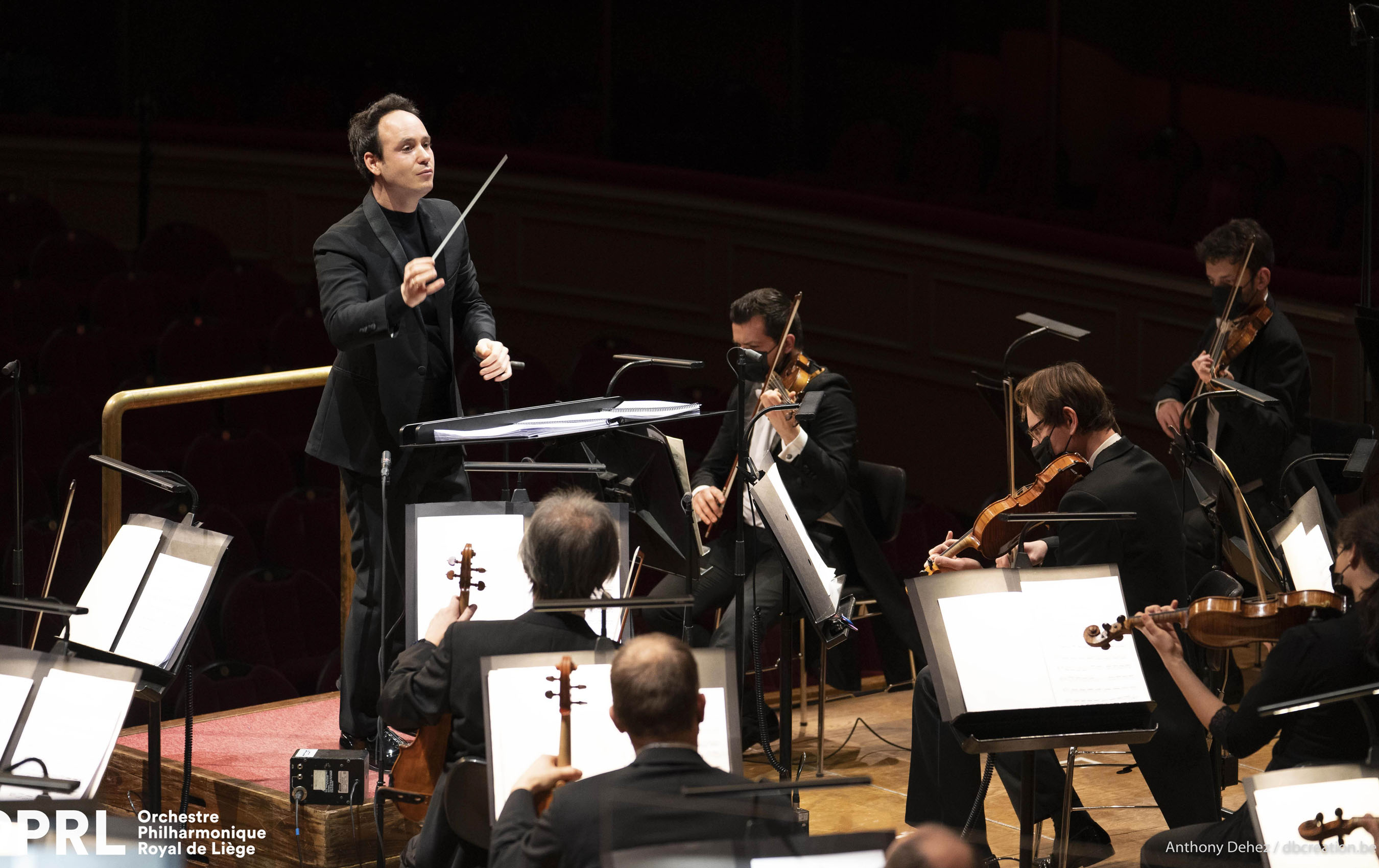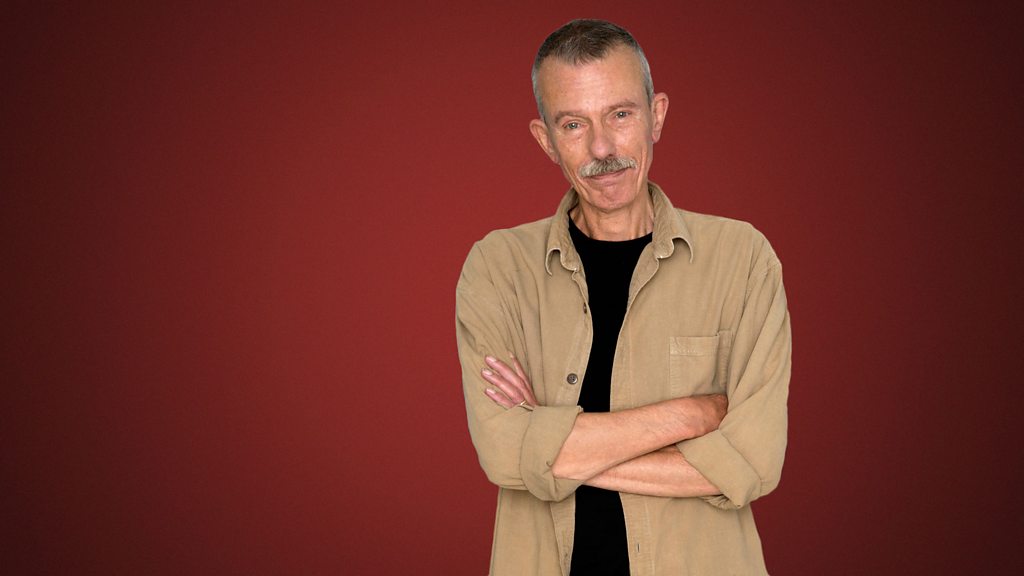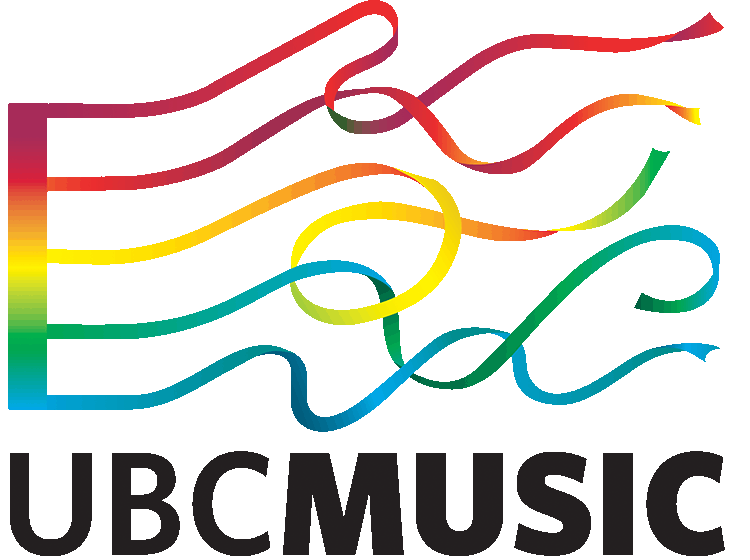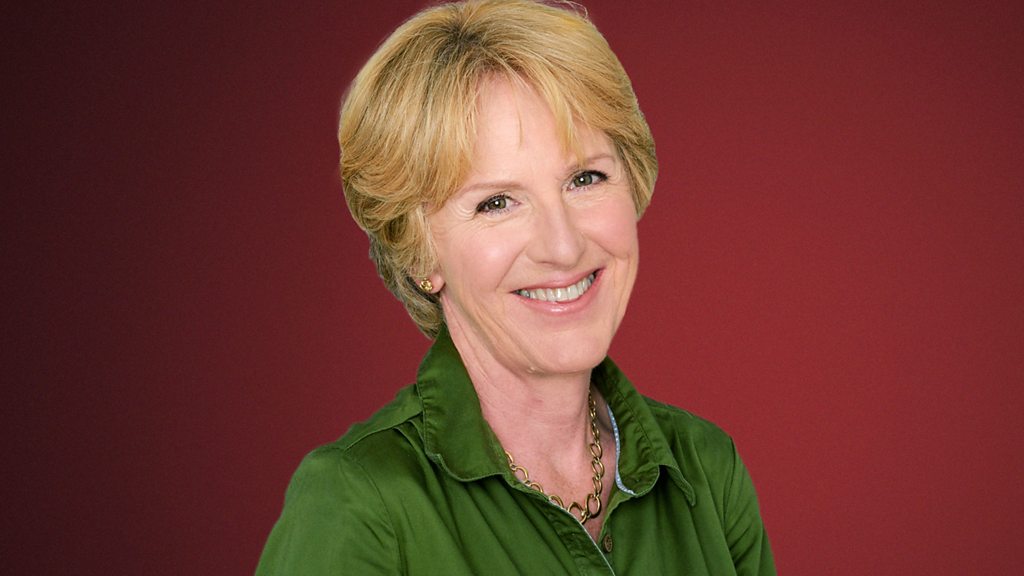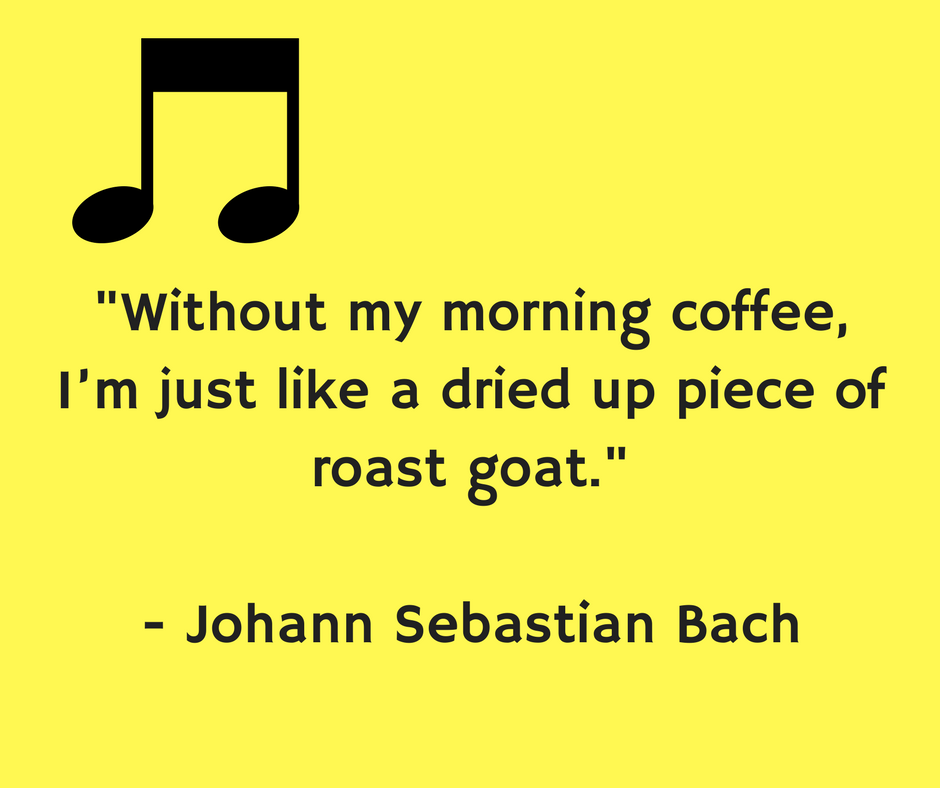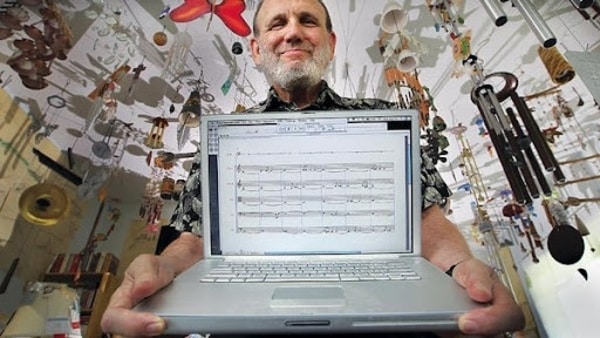Dr. Downs, my music history professor at Western U, completed a study of the themes, both musical and literary, which composed the structure of Cosi fan Tutte, Mozart's supreme comic opera. This study was available at the Western Music Library, probably still is.
In his larger book "Classical Music", he wrote that "Mozart's position is not critical of feminine weakness...no one in this opera is without fault...but rather is one of deep sympathy with the human condition, with human weakness and particularly with human suffering. If the characters in this story, and we who watch it unfold, have learned anything when the original couples are reunited, it must be that one's expectations of other human beings must not be set too high."
Here is another student from Western U, who I presume must have studied something with Dr. Downs at Western, Michael Schade in Cosi fan Tutte at the Vienna State Opera in Vienna.
https:
www.youtube.com/watch?v=Egi7fxTEUCQ

